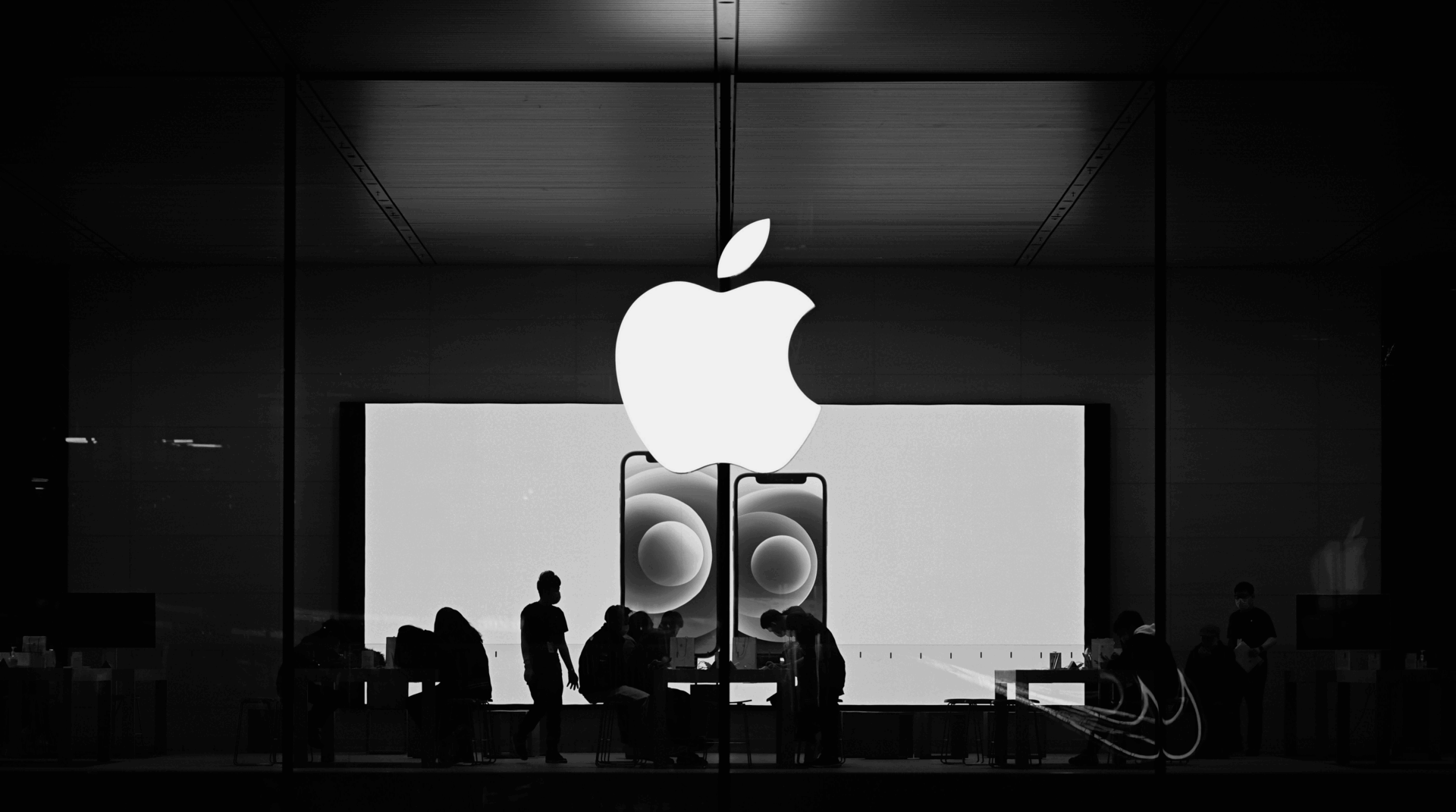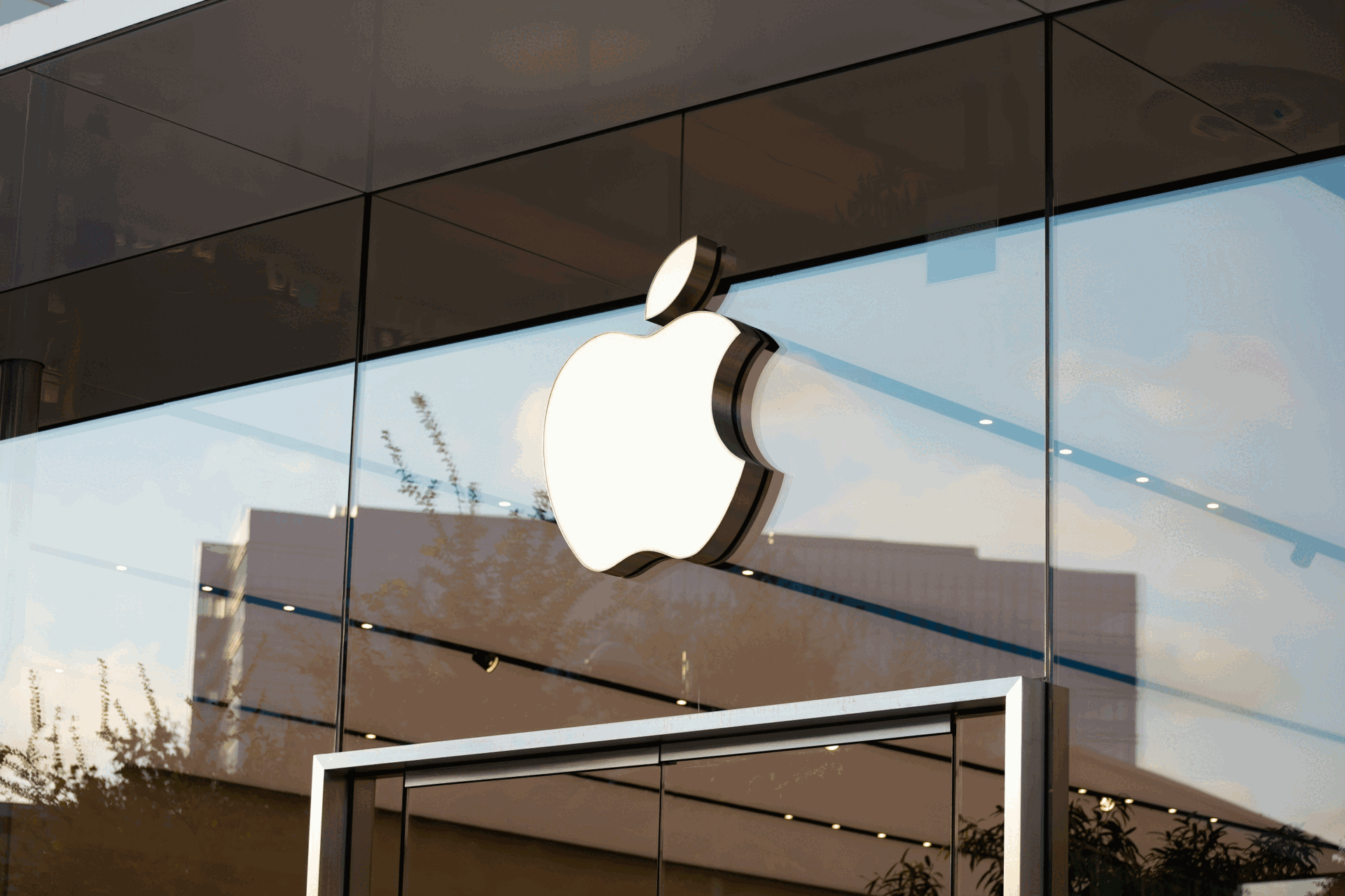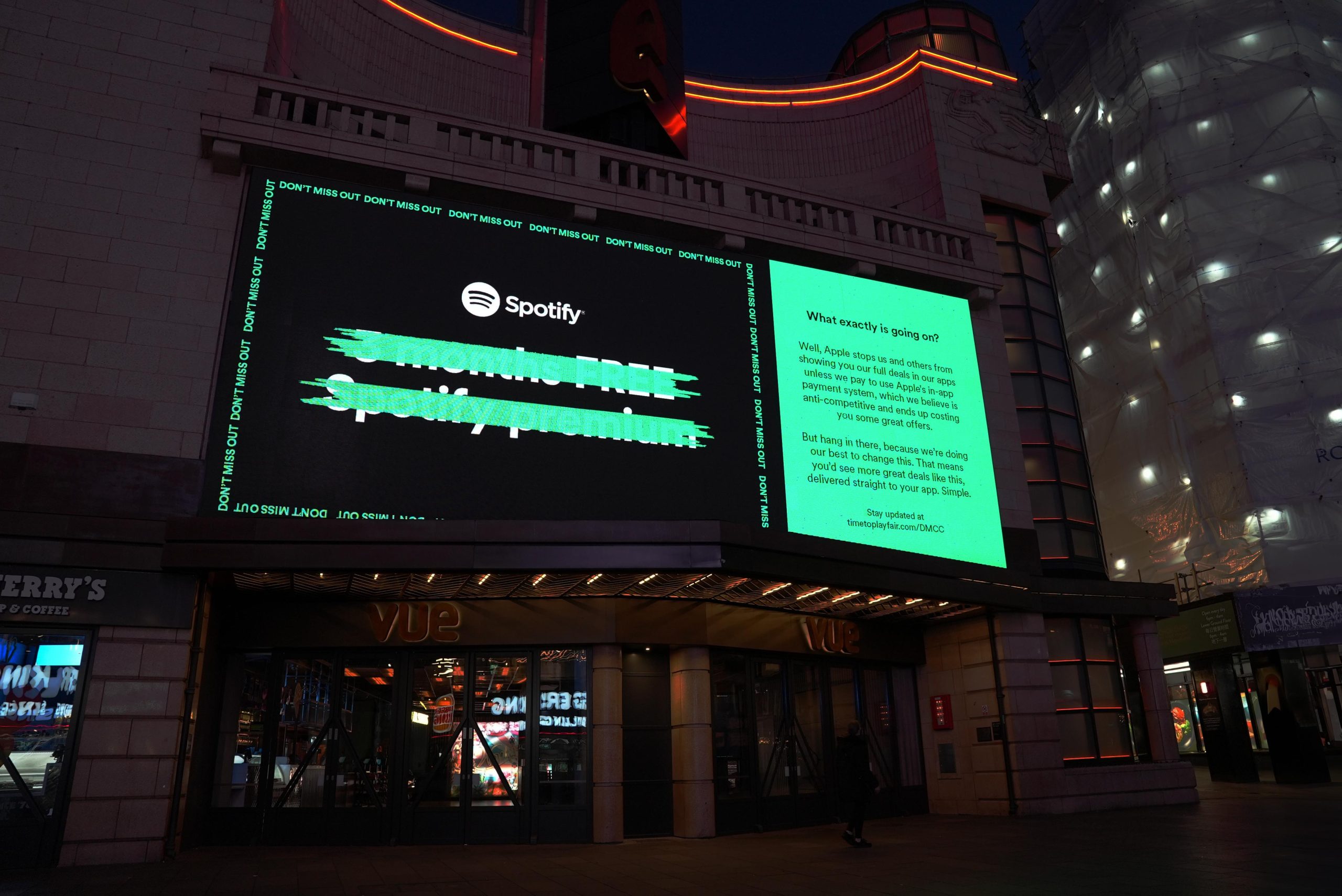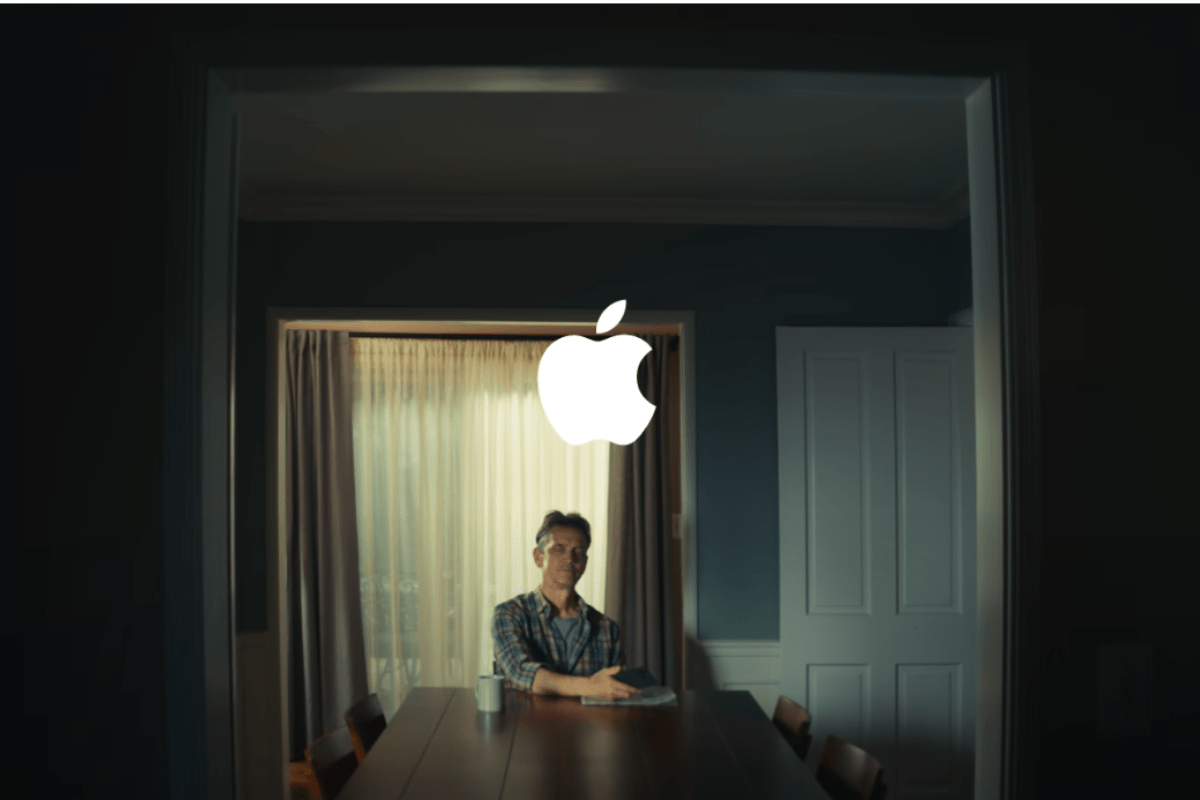Apple Sues Qualcomm for Around $1bn
- Monday, January 23rd, 2017
- Share this article:
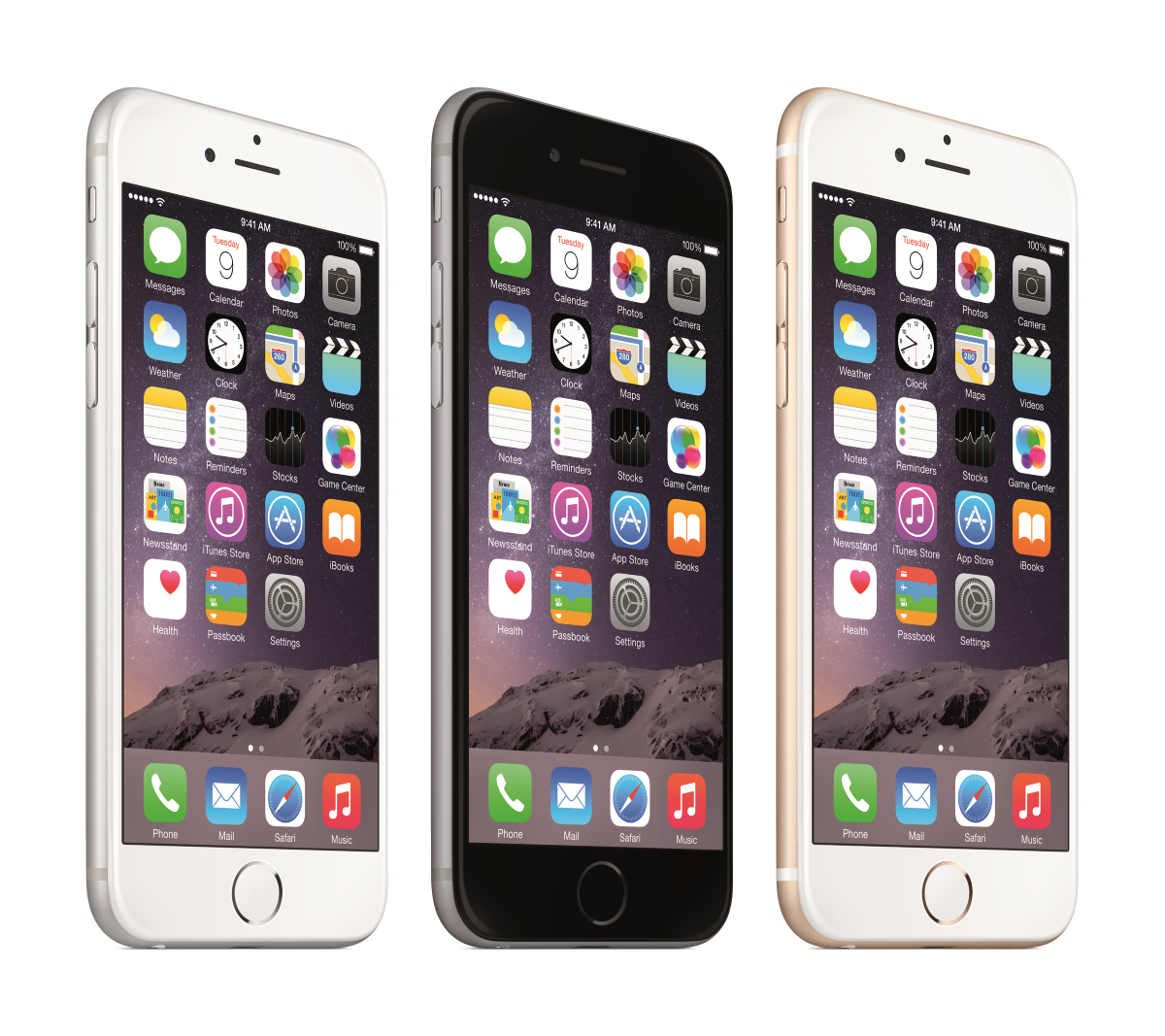
Apple is suing chip-maker Qualcomm, which supplies the baseband processor (modem) for its iPhones, for around $1bn (£803m).
In the suit, first reported by CNBC, Apple accuses Qualcomm of charging royalties “for technologies they have nothing to do with” and says that Qualcomm has withheld almost $1bn in payments in retaliation for Apple co-operating with law enforcement agencies investigating the company. This is thought to relate to a case brought against the chip-maker by Korean regulators, who fined the company $854m for unfair trade practices in December.
Apple feels that, as one of a dozen companies that contributed to basic cellular standards, Qualcomm has no right to levy royalty charges on some of the technologies used in Apple products, such as TouchID and cameras.
The move comes soon after the FTC (Federal Trade Commission) accused Qualcomm of engaging in a “no license, no chops” policy which has hiked up licensing fees on patents and forced handset makers to pay more for competitors’ processors.
Qualcomm has refuted the claims. In a statement, executive vice president and general counsel, Don Rosenberg, said: “While we are still in the process of reviewing the complaint in detail, it is quite clear that Apple’s claims are baseless. Apple has intentionally mischaracterised our agreements and negotiations, as well as the enormity and value of the technology we have invented, contributed and shared with all mobile device makers through our licensing program.
“Apple has been actively encouraging regulatory attacks on Qualcomm’s business in various jurisdictions around the world, as reflected in the recent KFTC decision and FTC complaint, by misrepresenting facts and withholding information. We welcome the opportunity to have these meritless claims heard in court where we will be entitled to full discovery of Apple’s practices and a robust examination of the merits.”
Where this leaves the ongoing business relationship between the two companies is, to say the least, unclear.




